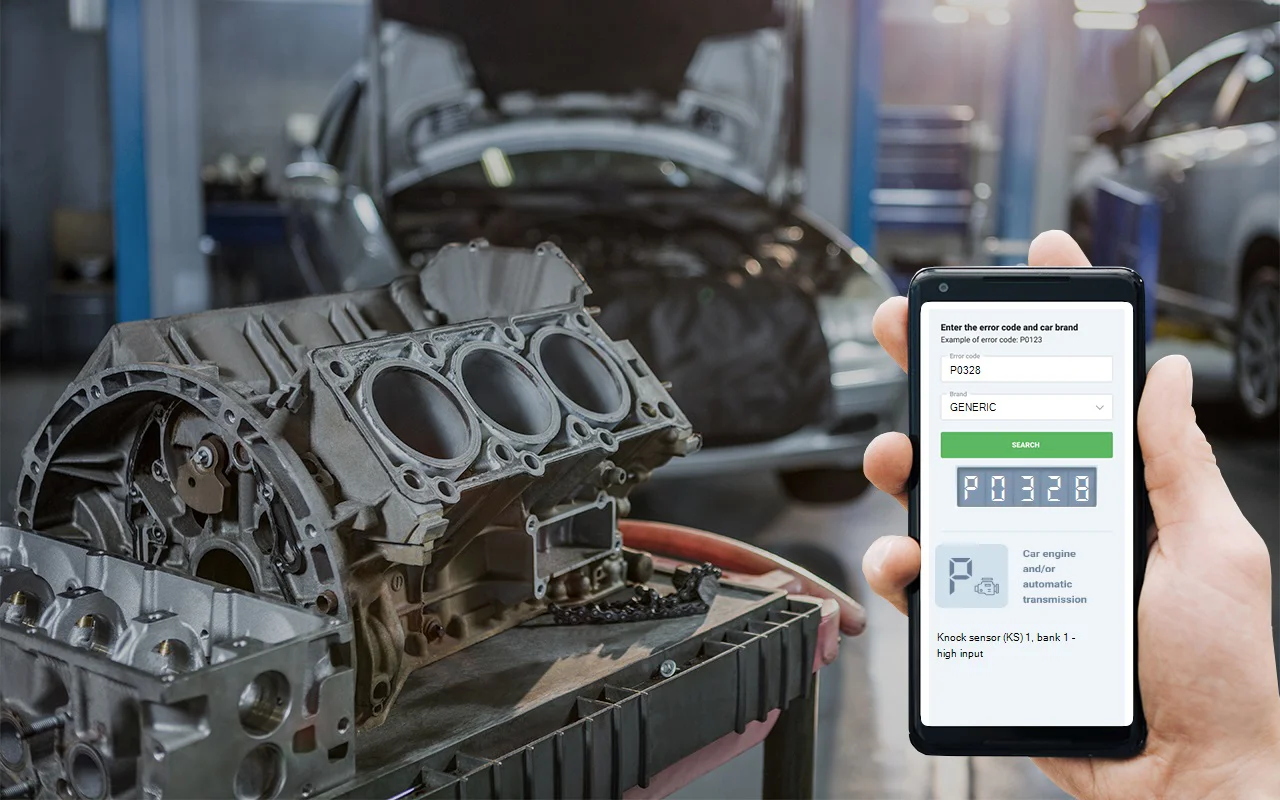This OBD-II error code is a universal code related to the transmission system, applicable to vehicles equipped with OBD-II systems (Toyota, BMW, Kia, Mercedes-Benz, Ford, Volkswagen, Skoda, Nissan, Renault, and others). While this code is universal across all vehicles, the specific steps for correcting the error may vary depending on the make and model. Knock sensors are designed to detect knocking in the engine (also known as engine knock or "pinging") before it occurs. A typical knock sensor has two wires: one to supply a 5-volt reference voltage to the sensor, and another to transmit the sensor's signal to the transmission control module.
The signal wire from the sensor provides the transmission control module with information about the presence and intensity of knocking, allowing the module to retard ignition timing to prevent detonation. Most transmission control modules are capable of adapting and learning the engine's knocking trends during normal operation. The P0328 code indicates an issue with a high output voltage from the knock sensor, typically when the voltage exceeds 4.5 volts, although specific threshold values may vary depending on the vehicle. This code pertains to the knock sensor located on bank 1 of the engine.







